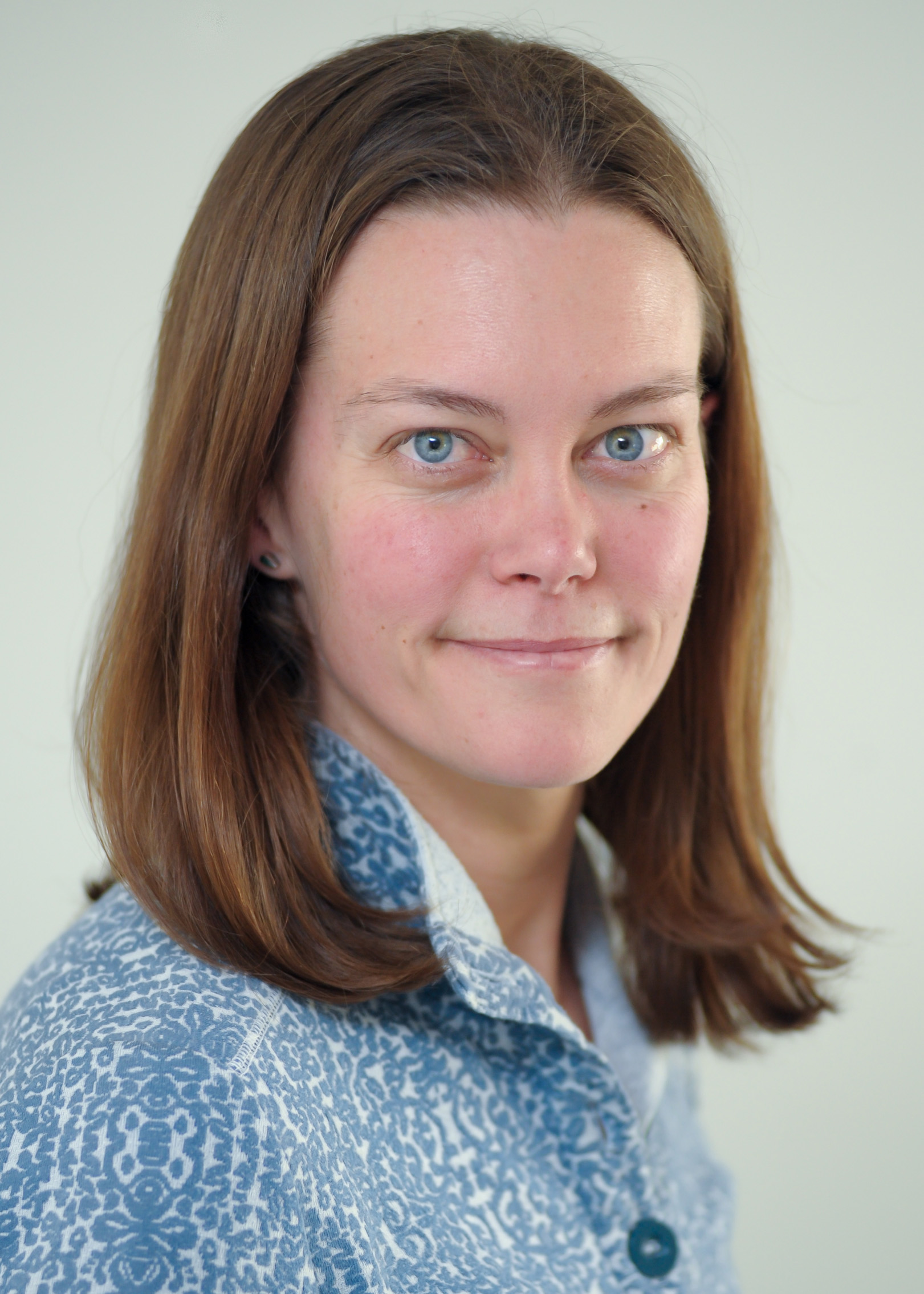Dr Erin Gorsich

Associate Professor
Email: Erin.Gorsich@warwick.ac.uk
Phone: 024 765 23797
Office: B138
Disease Ecology Research webpage
Research Clusters
Plant & Agricultural Biosciences
Microbiology & Infectious Disease
Warwick Centres and GRPs
The Zeeman Institue for Systems Biology and Infectious Disease Epidemiology
Institute for Global Sustainable Development.
Vacancies and Opportunities
For PhD and postdoctoral opportunities, please see Teaching/Student Supervision section of this page.
For interest in potential collaborations, please contact me at the above email address.
Research Interests
I am a disease ecologist and epidemiologist at the School of Life Sciences and Zeeman Institute for infectious disease epidemiology. I am also a fellow in Warwick’s Institute for Global Sustainable Development.
My lab’s research aims to understand the drivers, spread, and consequences of infectious disease. Many of our projects are motivated by conservation or wildlife/livestock health applications. For example, understanding how human-driven changes to the environment influence wildlife disease or the risk of zoonotic (animal-origin) disease outbreaks?
Our research integrates theory and data to understand disease ecology questions. We aim to understand how host-parasite or species interactions scale-up to inform population, community, and ecosystem-level patterns. We believe both epidemiology and ecology are improved by theory in all its forms: from conceptual to mathematical models. Models help clarify our assumptions and identify the essential mechanisms in often complex systems.
We are a highly collaborative and interdisciplinary group. Solutions to global challenges require a multidisciplinary approach, and as a result, our collaborators include veterinarians, mathematicians, statisticians, molecular biologists, and social scientists.
Funded projects in my group include:
1. Multi-scale infection dynamics from cells to landscapes: foot-and-mouth disease viruses in African buffalo
This project hypothesizes that viral transmission dynamics and population structure are predictable from phenotypic variation among viral lineages. It will combine data and mechanistic models across cellular, individual host, population, and landscape scales to understand viral spread.
2. Eco-evolutionary dynamics of infectious diseases in host (desert bighorn sheep) population networks.
Bighorn sheep populations are threatened by habitat fragmentation and disease spillover from domestic livestock. This study investigates effects of host population isolation on genetic diversity, immunity, susceptibility to infectious disease, and ultimately, population performance in desert bighorn sheep (DBH, Ovis canadensis nelsoni).
3. Identifying barriers to disease transmission by tracking their vectors: landscape genetics of mosquitoes responsible for Rift Valley fever virus.
Rift Valley Fever (RVF) is a re-emerging, zoonotic mosquito-borne disease that causes both localised and widespread outbreaks in most of the African continent and the southeast of the Arabic Peninsula. Landscape genetics offers an opportunity to characterise the environmental and landscape factors that influence the movement of RVF’s mosquito vectors. If these factors also limit dispersal, then they have the potential to influence the size of local outbreaks and influence the dissemination of infection more broadly.
4. Mapping and modelling the spread of wild bird AI risks posed to poultry at the national scale in the US.
Wild waterfowl are well documented reservoirs of avian influenza virus (AIV) and an important potential source of infection for domestic poultry. The continued emergence of highly pathogenic strains of avian influenza, the potential for their introduction into North America, and the recent introduction and rapid spread of three highly pathogenic avian influenzas (i.e. H5N2, H5N8, H5N1) into North American highlights the need for additional analysis. Using national surveillance data, we are creating a data-driven national map of spill-over risk from wild waterfowl to poultry populations.
- 2021-present. Associate Professor. School of Life Sciences, University of Warwick
- 2018-present. Affiliate Faculty. Graduate Degree Program in Ecology, Colorado State University.
- 2018-2021. Assistant Professor. School of Life Sciences, University of Warwick
- 2017-2018. Research Scientist. Department of Biology, Colorado State University
- 2016-2017. Postdoctoral Fellow. Department of Biomedical Sciences, College of Veterinary Medicine, Oregon State University
- 2014-2016. Postdoctoral Fellow. Department of Biology, Colorado State University
- 2008-2014. Ph.D. Oregon State University, Department of Integrative Biology
- 2008. B.S. Denison University, Department of Biology, magna cum laude.
